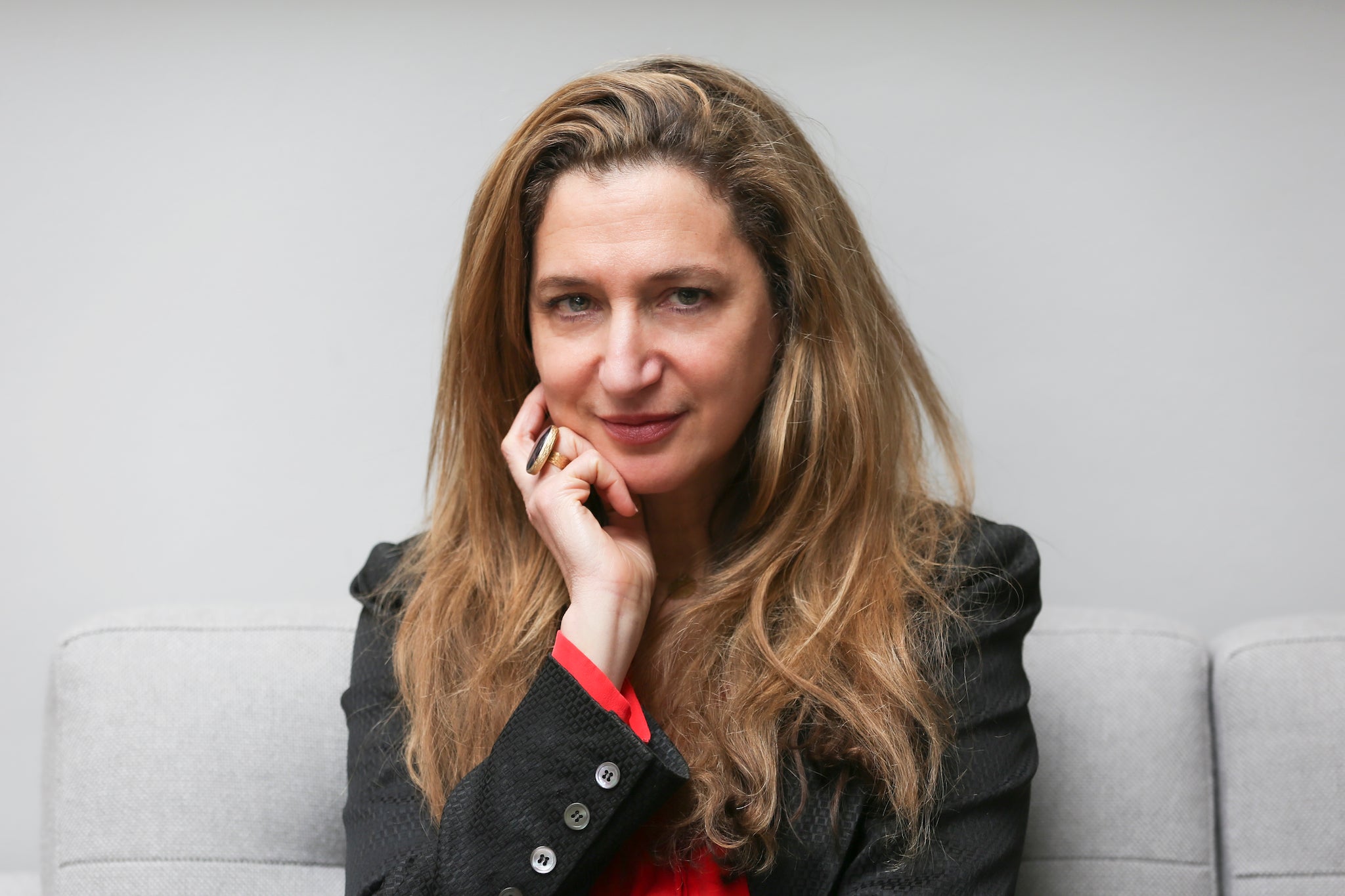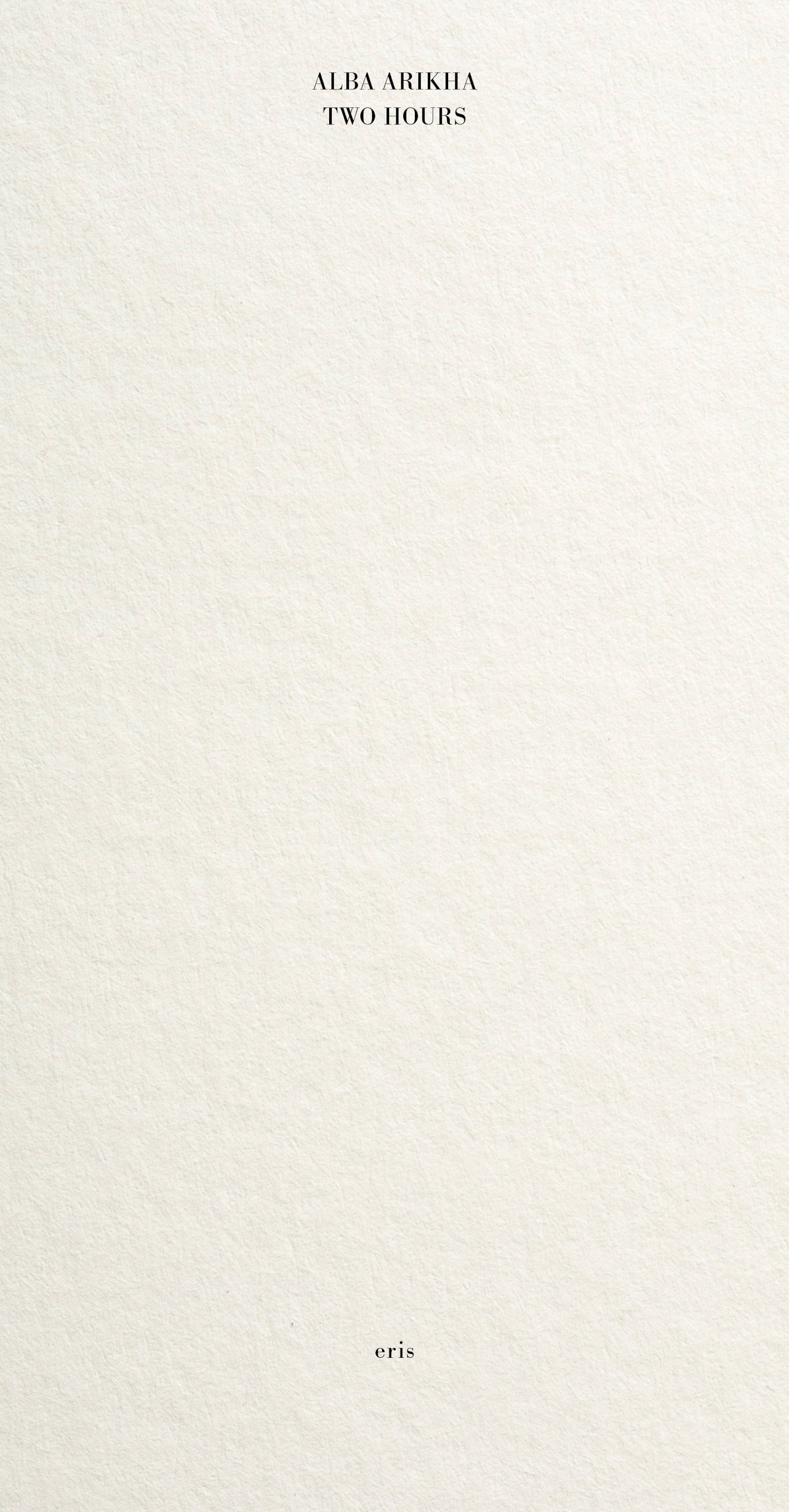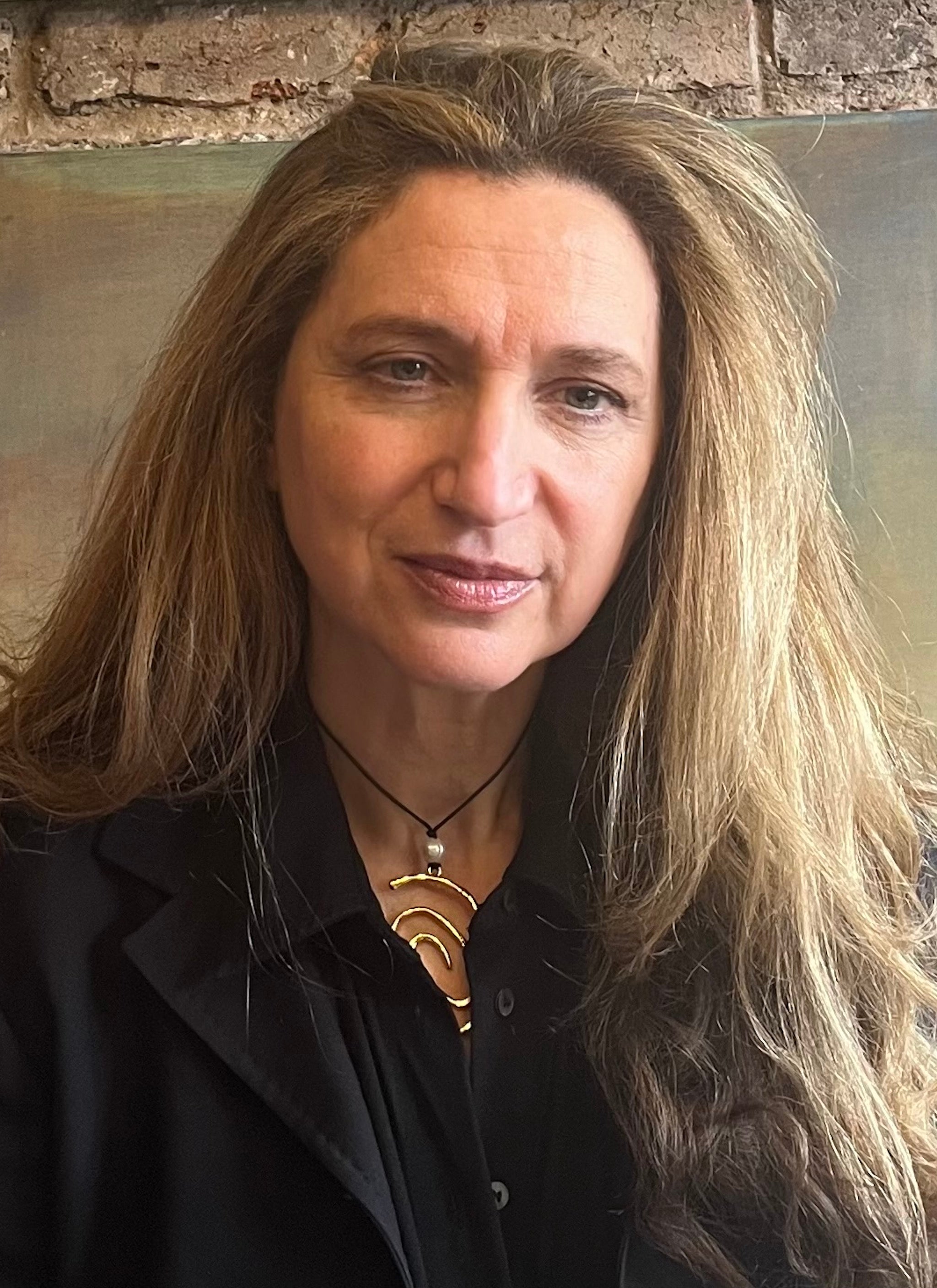Alba Arikha, Two Hours review: A wonderful, wry lesson in forging a life without regret
Spanning almost 40 years of a woman’s life, ‘Two Hours’ has all the highly aestheticised self-scrutiny of Rachel Cusk, only much more amusing

At the beginning of Alba Arikha’s new novel, Two Hours, our 16-year-old narrator Clara has just moved from Paris to Manhattan after her father gets a job teaching at Columbia. It’s the mid-Eighties and she is not at all happy about the change, even though the family are staying in the plush Park Avenue apartment of her father’s much wealthier friend, Andre Karlick, an art dealer. Karlick has a 16-year-old son, Alexander, who is literary, pretentious, and very good-looking, and on whom Clara, perhaps inevitably, forms an instant crush. She is very droll about this, aware of herself as striking a love-struck teenage pose even while incapable of doing anything else. “I cannot admit my ignorance,” she confides in the reader, as Alexander flaunts his love for Dostoevsky. “I must find a way of shifting the conversation. What about Jane Austen, I venture timidly?”
This lightning-bolt strike of infatuation will become a defining streak in Clara’s life, an exemplar of the way we so often live in the shadow of what might have been, even when that shadow so often comprises baseless fantasy. Alexander moves to London, from where he sends Clara a single postcard (which she pores over obsessively, convinced it contains a conclusive declaration of everlasting love). And then they drift apart, until another pivotal encounter in her twenties in New York’s Soho sets her feelings in motion once again. And yet she marries someone else, has two children, and moves to London herself. Many years later will come a third exchange of sorts; it’s a measure of Arikha’s skill that the “will-they-won’t-they” subtext of this otherwise distinctly literary novel is as thrilling as any romance.
Arikha, whose life bears many biographical details with her narrator, and whose 2017 memoir Major/Minor, was highly praised, isn’t very well known in this country. Really, she ought to be. Two Hours fits triumphantly within a subgenre of novels invariably written by women that tease the reader with their autobiographical proximity while bearing witness to the shared feminine experiences of marriage and motherhood in ways that are both intimate and self-consciously detached.

Clara has a way of looking at herself from a distance, like a photographer training a telephoto lens. “I can see myself stepping out of that apartment building,” she says, in a momentary acknowledgement of her technique, and that ability to simultaneously observe and reveal herself runs throughout the novel.
There are unmistakable nods, too, to the style of Rachel Cusk, who has perfected this sort of highly aestheticised self-scrutiny (one encounter, which takes place on an aeroplane, could have come straight from Cusk’s novel Kudos). Yet in many respects Arikha is not like Cusk at all – she’s both more companionable on the page and more obviously artful. And much more amusing. “I write novels that replicate my life,” says Clara. “Motherhood, marital strife, real estate longings.”
She’s also Jewish. Several members of Clara’s mother’s family died in the Holocaust, and although this comes across with the slightly clumsy air of undigested personal history – a third-generation displacement that the character of Clara has yet to fully reckon with – it’s of a piece in a novel that is sharply alert to ideas of dislocation and the impact of the past. Alexander’s own mother was born in Auschwitz in 1945 and early in the novel kills herself. “She couldn’t live with her history,” says Clara’s father. In the novel’s background is a recurring theme of children growing up in the orbit of badly damaged mothers, and the legacy of what goes unaddressed. On a lesser level, Clara will sometimes be guilty of not addressing things, too.

It all reads extremely effortlessly, yet prose this pellucid and precise is anything but easy to pull off. Arikha exerts extreme control over the information she divulges – the most seemingly incidental detail is allowed to yield unexpectedly significant information. At school Clara is rapped over the knuckles for daydreaming. She winces but doesn’t cry. “I seldom cry in public,” she tells us. This deceptively casual selectivity becomes more frequent as the novel proceeds, to the point that the reader finds themself wrongfooted by the abrupt dispatches of information. Without much preparation, we are plunged into the quicksand of Clara’s increasingly bitter marriage, her extreme postnatal depression, and her growing success as a novelist. Sometimes, too, our perspective on Clara is altered in a second by a throwaway comment from someone else. “It’s always been like that with you,” says Clara’s sister, frustrated by her reluctance to talk about her marriage. “We get the leftovers without knowing where they are coming from.”
Two Hours ends in an unexpected way, but perhaps it always had to. “Her path did not turn out as she thought it would,” Clara says, referring to a conversation with a friend, and then adds, “I replied that it often didn’t.” It’s a mark of this novel’s gentle wisdom that it finds the beauty in accepting the path a life can take, rather than looking back in regret.
Join our commenting forum
Join thought-provoking conversations, follow other Independent readers and see their replies
Comments
Bookmark popover
Removed from bookmarks